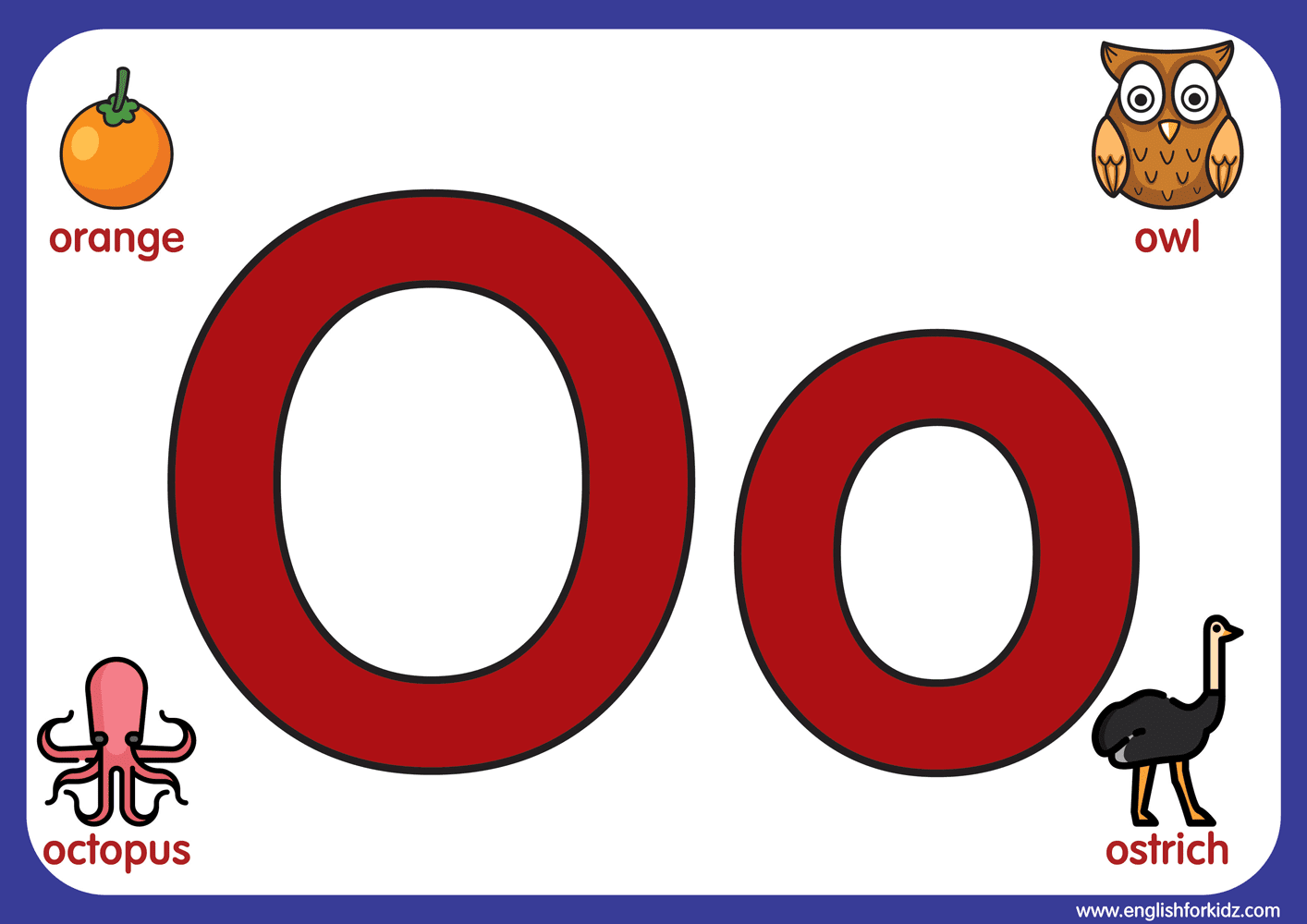O.J. Simpson Died - Reflecting On A Life Of Public Attention
Table of Contents
- Biography: The Early Days of a Public Figure
- A Public Figure's Shifting Image - O.J. Simpson Died, and the World Reacted
- How Do We Process Such a Complex Public Life?
The news that O.J. Simpson passed away recently has certainly brought up many feelings for a lot of people. His life, you know, was something that captured the public's eye for decades, shifting from being a celebrated sports hero to a figure at the heart of one of the most talked-about trials in recent memory. It’s a story that, frankly, many folks remember quite vividly.
For some, his passing brings back memories of his incredible athletic achievements, the kind of moments that made him a household name, more or less, across the country. He was, in a way, a superstar who seemed to have everything. Then, for others, the news immediately conjures images of that infamous white Bronco chase and the subsequent courtroom drama that held everyone pretty much glued to their televisions.
His existence, really, became a focal point for bigger conversations about race, justice, and celebrity culture in America. It’s a reminder that public figures, even after they are gone, can leave behind a very complicated legacy. His story, you know, continues to spark discussion, even now.
Biography: The Early Days of a Public Figure
Orenthal James Simpson, often known as O.J., first came into the public's awareness not for legal battles, but for his truly exceptional abilities on the football field. Born in San Francisco, California, he grew up with a passion for the game, something that, you know, would eventually take him to the very top levels of athletic achievement. His path from a regular childhood to becoming a national icon is, in some respects, quite a remarkable one, showing how talent and hard work can sometimes open up incredible doors.
He attended the University of Southern California, a place where he truly made a name for himself as a college football star. His college days were filled with record-breaking performances, and he earned the Heisman Trophy, an award given to the most outstanding player in college football, which is that, a really big deal for young athletes. This period, actually, set the stage for what many believed would be a bright and straightforward future in professional sports, a future where he would just keep excelling.
After his time in college, he moved into the professional leagues, playing for the Buffalo Bills and later the San Francisco 49ers. During his professional career, he continued to amaze fans with his speed and skill, setting records and earning a spot in the Pro Football Hall of Fame. His image during these years was, you know, one of pure athletic prowess and a genuinely winning smile, making him a very popular person with a lot of folks across the nation.
Personal Details of O.J. Simpson
| Full Name | Orenthal James Simpson |
| Born | July 9, 1947 |
| Died | April 10, 2024 |
| Place of Birth | San Francisco, California |
| College | University of Southern California |
| Professional Teams | Buffalo Bills, San Francisco 49ers |
| Awards | Heisman Trophy (1968), Pro Football Hall of Fame (1985) |
What Made His Early Career So Remarkable?
His early career was truly something special, you know, because of his extraordinary athletic gifts. He possessed a kind of speed and agility that few others could match on the football field. This allowed him to run past defenders with an ease that was almost poetic, turning what seemed like ordinary plays into really spectacular highlights. Spectators would often watch in awe as he moved the ball down the field, pretty much single-handedly changing the course of games. This natural talent, combined with a strong determination, made him stand out.
Beyond his physical abilities, he had a personality that seemed to shine through the television screen, making him very appealing to a broad audience. He was, in a way, one of the first athletes to truly cross over from sports into mainstream entertainment and advertising. His presence in commercials, for instance, selling rental cars, solidified his image as a friendly, trustworthy figure, someone you could easily root for. This public persona, actually, was built on years of consistent, high-level performance and a seemingly approachable demeanor, creating a deep connection with the general public.
His impact on the game itself was also quite significant; he set records that stood for a long time, showing a level of dominance that was rare even among professional athletes. His ability to consistently perform at such a high level, year after year, really cemented his place as one of the best running backs of his time, or even of all time, some might say. So, his early career was remarkable not just for the numbers he put up, but for the way he captivated people, both on and off the field, becoming a true celebrity in a very different sense than what came later.
A Public Figure's Shifting Image - O.J. Simpson Died, and the World Reacted
The image of O.J. Simpson, once that of a beloved sports icon and a friendly face in advertisements, changed dramatically over time, especially after the events of 1994. It’s almost as if two distinct public narratives emerged about the same person, creating a very sharp division in how people perceived him. This shift wasn't a gradual thing; it happened, quite suddenly, with a series of shocking developments that altered his public standing forever. His story became a powerful example of how quickly public perception can change, and how deeply ingrained certain images can become, even when new information comes to light.
The events that unfolded, starting with the tragic deaths of Nicole Brown Simpson and Ronald Goldman, pushed him from the sports pages into the front pages of newspapers around the globe. The subsequent police chase, broadcast live on television, was a moment that stopped the nation, and indeed, much of the world. People, you know, gathered around their screens, watching in disbelief as this once-heroic figure was pursued by law enforcement. This dramatic episode, really, marked the beginning of a new chapter in his public life, one that was filled with controversy and intense scrutiny, a very different kind of attention than he had ever known.
From that point forward, his name became linked not with touchdowns and endorsements, but with a highly publicized legal battle that raised profound questions about justice, race, and the influence of celebrity. The shift in public sentiment was palpable; for many, the friendly smile was replaced by a more troubling image, one that sparked strong emotions and passionate debates. It was a time when, you know, everyone seemed to have an opinion, and those opinions often ran very deep, shaping how people would remember him for years to come, long before O.J. Simpson died.
What Were the Defining Moments of His Legal Troubles?
The most defining moment, undoubtedly, was the criminal trial where he faced accusations of murder. This proceeding, which lasted for many months, captured the attention of millions around the world, becoming a kind of television spectacle. Every day, it seemed, there was a new development, a new piece of evidence, or a new argument presented by the legal teams. The sheer amount of media coverage was, you know, unprecedented, turning court proceedings into a daily topic of conversation in homes and workplaces everywhere. It was a period where the justice system itself was, in some respects, put under a very powerful microscope.
Another very significant moment was the reading of the verdict in that criminal trial. When the jury announced its decision of "not guilty," it sent shockwaves across the country. For some, it was a moment of vindication, a belief that justice had been served and that the system had worked. For many others, however, it was a moment of profound disappointment and disbelief, leading to feelings that something had gone terribly wrong. The reaction, you know, was intensely divided, showing deep rifts in public opinion, particularly along racial lines, highlighting how different groups saw the same events in very different ways.
Beyond the criminal case, the civil trial that followed was also a very defining part of his legal troubles. In this separate proceeding, a civil jury found him responsible for the deaths and awarded a large sum of money to the victims' families. This outcome, actually, provided a different kind of closure for some, even though it didn't involve criminal penalties. It showed that legal outcomes can vary depending on the type of case and the burden of proof required. So, these trials, both criminal and civil, truly shaped the public's understanding of his legal challenges and, you know, left a lasting mark on his public image.
The Aftermath: Civil Judgments and Later Years
After the criminal trial concluded, the civil lawsuits began, brought by the families of Nicole Brown Simpson and Ronald Goldman. These cases, which are separate from criminal proceedings, focused on whether he was responsible for the deaths in a civil sense, meaning whether he should pay money to the families for their losses. The standard of proof in these civil cases is different, you know, requiring less certainty than in a criminal case. This difference led to a different outcome, which, frankly, surprised some people who had followed the criminal trial so closely.
In 1997, a civil jury found him liable for the wrongful deaths of both Nicole Brown Simpson and Ronald Goldman. They awarded the families a very large sum of money, a judgment that, in a way, followed him for the rest of his life. This financial obligation meant that his earnings and assets could be pursued by the families, and they continued to seek payment over the years. It was a constant reminder of the civil court's decision, and it kept his legal troubles in the public eye, even as the criminal case faded a bit from daily headlines. This was, you know, a very different kind of consequence, but a significant one.
In his later years, O.J. Simpson faced further legal issues, separate from the 1994 events. In 2007, he was arrested in Las Vegas in connection with a robbery and kidnapping incident at a hotel. He was accused of trying to retrieve sports memorabilia he claimed belonged to him. This led to another high-profile trial, and this time, he was found guilty of multiple charges, including armed robbery and kidnapping. He was sentenced to a long prison term, a development that, you know, once again put him squarely in the public spotlight, though for very different reasons than his athletic fame.
He spent several years in prison, eventually being granted parole in 2017. His release, actually, was met with a mix of reactions, with some believing he had served his time and others still holding onto the feelings from the earlier trials. After his release, he lived a relatively private existence, though his name would still occasionally surface in news stories. His life, from his early fame to his later legal struggles and eventual passing, remained a subject of intense public interest, showing how some figures, you know, just stay with us in our collective memory.
How Do We Process Such a Complex Public Life?
Processing

Letter O Images

Letter Factory O by BrownFamily1013 on DeviantArt

5 Letter Words with E and O (1400+ Words in English) • 7ESL